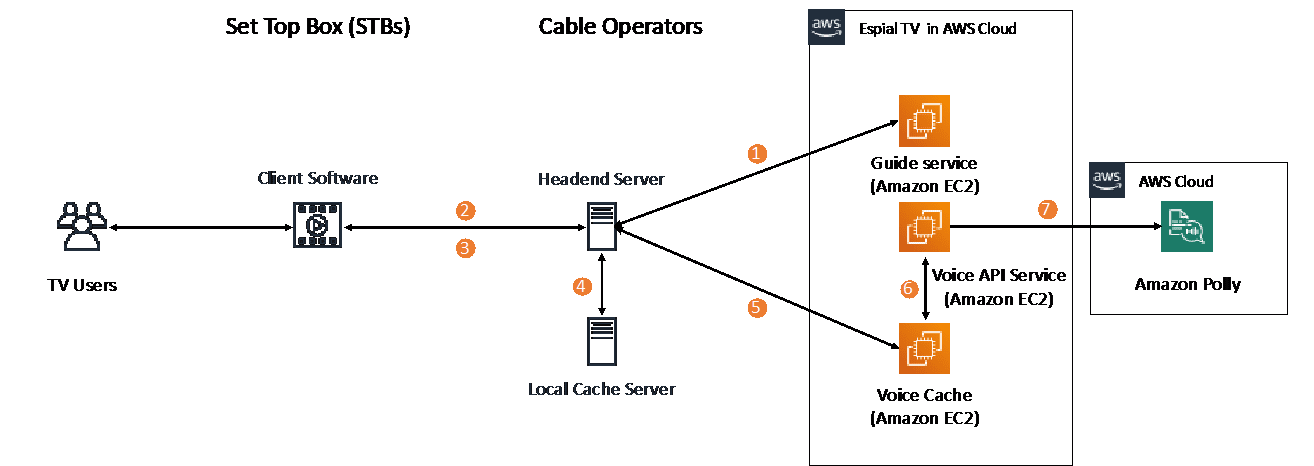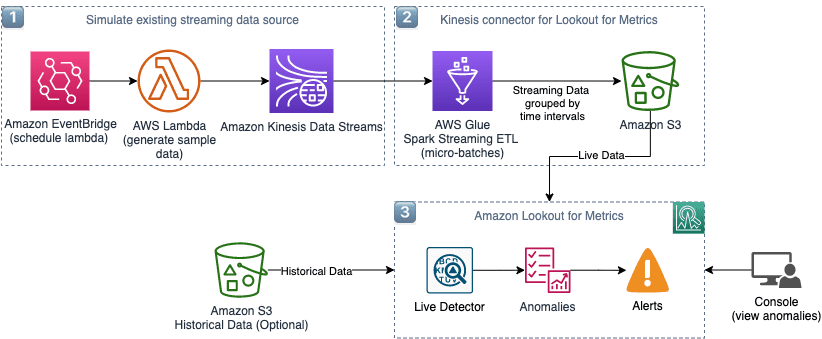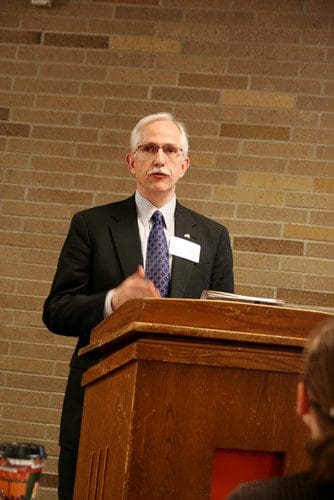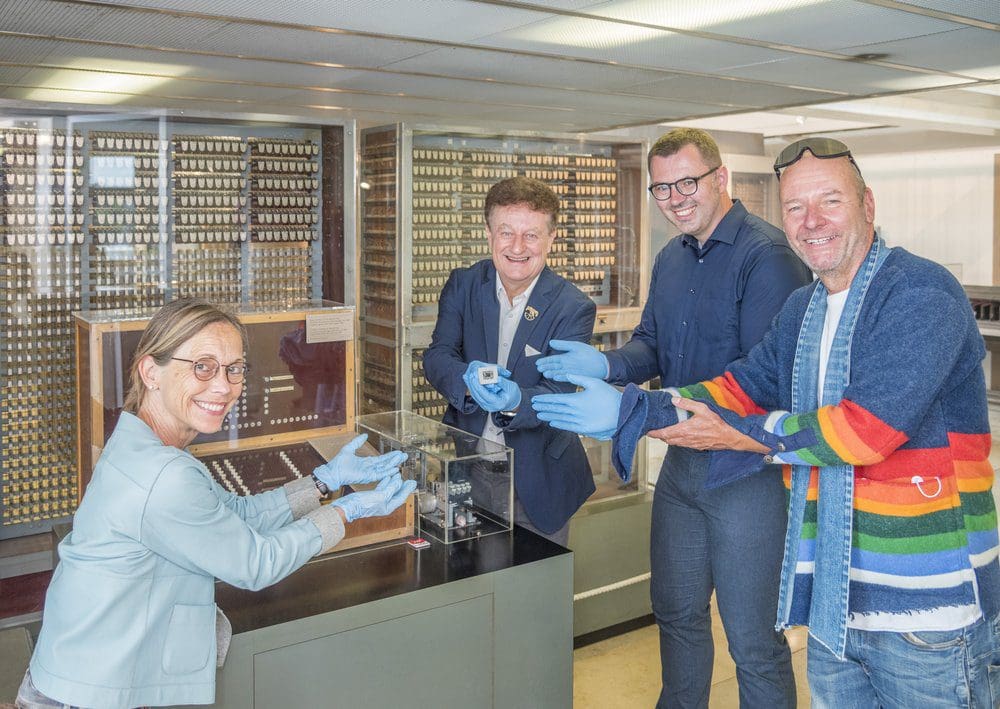Favorite In 2019, Amazon Polly launched neural text-to-speech (NTTS) voices in US English and UK English. Neural voices use machine learning and provide a richer, more lifelike speech quality. Since the initial launch of NTTS, Amazon Polly has extended its neural offering by adding new voices in US Spanish, Brazilian
Read More
 Shared by AWS Machine Learning August 4, 2021
Shared by AWS Machine Learning August 4, 2021
Favorite This is a guest post by Mick McCluskey, the VP of Product Management at Enghouse EspialTV. Enghouse provides software solutions that power digital transformation for communications service operators. EspialTV is an Enghouse SaaS solution that transforms the delivery of TV services for these operators across Set Top Boxes (STBs),
Read More
 Shared by AWS Machine Learning August 4, 2021
Shared by AWS Machine Learning August 4, 2021
Favorite Do you want to monitor your business metrics and detect anomalies in your existing streaming data pipelines? Amazon Lookout for Metrics is a service that uses machine learning (ML) to detect anomalies in your time series data. The service goes beyond simple anomaly detection. It allows developers to set
Read More
 Shared by AWS Machine Learning August 3, 2021
Shared by AWS Machine Learning August 3, 2021
Favorite If you wish to introduce blogs as a knowledge management tool, it is tempting to ask senior managers to take the lead and set an example. Here’s why that may be the wrong thing to do (and some suggestions about what to do instead). Let’s assume 1) that you
Read More
 Shared by Nick Milton August 2, 2021
Shared by Nick Milton August 2, 2021
Favorite Regardless of the industry or product, customers are the most important component in a business’s success and growth. Businesses go to great lengths to acquire and more importantly retain their existing customers. Customer satisfaction links directly to revenue growth, business credibility, and reputation. These are all key factors in
Read More
 Shared by AWS Machine Learning July 31, 2021
Shared by AWS Machine Learning July 31, 2021
Favorite Amazon Kendra is an intelligent search service powered by machine learning (ML). Amazon Kendra reimagines enterprise search for your websites and applications so your employees and customers can easily find the content they’re looking for, even when it’s scattered across multiple locations and content repositories within your organization. With
Read More
 Shared by AWS Machine Learning July 30, 2021
Shared by AWS Machine Learning July 30, 2021
Favorite From the early days of the internet to the development of the Human Genome Project, U.S. government-funded R&D has yielded remarkable progress for society, and today it is an important engine for AI research. That’s why, last year, we were proud to announce our partnership with the U.S. National
Read More
 Shared by Google AI Technology July 29, 2021
Shared by Google AI Technology July 29, 2021
Favorite The ability to scale machine learning operations (MLOps) at an enterprise is quickly becoming a competitive advantage in the modern economy. When firms started dabbling in ML, only the highest priority use cases were the focus. Businesses are now demanding more from ML practitioners: more intelligent features, delivered faster,
Read More
 Shared by AWS Machine Learning July 29, 2021
Shared by AWS Machine Learning July 29, 2021
Favorite Between 2020 and 2050, Africa’s population is expected to double, adding 950 million more people to its urban areas alone. However, according to 2018 figures, a scarcity of affordable housing in many African cities has forced over half of the city dwellers in Sub-Saharan Africa to live in informal
Read More
 Shared by Google AI Technology July 28, 2021
Shared by Google AI Technology July 28, 2021
Favorite In 2019, our Quantum AI team achieved a beyond-classical computation by outperforming the world’s fastest classical computer. Today, a quantum processor from the Sycamore generation that accomplished this important computing milestone will be donated to the Deutsches Museum of Masterpieces of Science and Technology in Munich, Germany. The Deutsches
Read More
 Shared by Google AI Technology July 28, 2021
Shared by Google AI Technology July 28, 2021

![]() Shared by AWS Machine Learning August 4, 2021
Shared by AWS Machine Learning August 4, 2021







